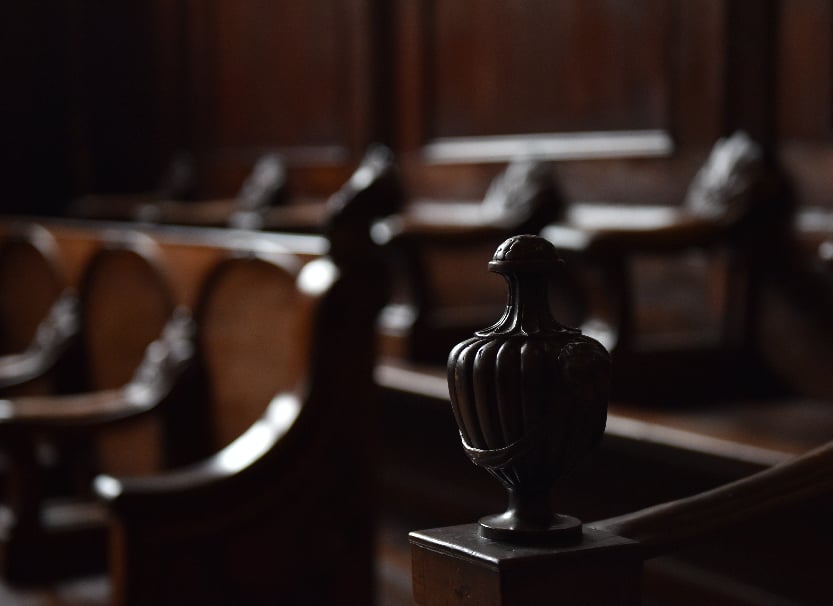The Final Chapter: Delaware Supreme Court Affirms Ruling in Favor of Larry Ellison and Safra Catz for NetSuite Deal Litigation
On January 21, 2025, the Delaware Supreme Court affirmed the Court of Chancery’s post-trial opinion in favor of the Defendants in In re Oracle Corp. Derivative Litigation.
Carvana SLC Drives Away Derivative Case
On March 27, 2024, Chancellor McCormick granted the Carvana Special Litigation Committee’s motion to dismiss after finding no wrongdoing by the Company’s controlling stockholders in connection with its March 2020 direct offering and the controlling stockholders’ subsequent sale of Company stock for over US$1 billion. See https://courts.delaware.gov/Opinions/Download.aspx?id=362010.

“A Bad Bull”: Chancery Court Rejects Plaintiffs’ Fee Application in Oracle Derivative Litigation
Plaintiffs’ bid for a US$5 million mootness fee in In re Oracle Corp. Derivative Litigation, C.A. No. 2017-0337-SG was denied by Vice Chancellor Glasscock, who noted that “not even great counsel can wring significant stockholder value from litigation over an essentially loyal and careful sales process.”

Don’t Go It Alone? Or Do. Delaware Chancery Court Rules That A Single-Member Special Litigation Committee’s Recommendation Passes Muster
Last month, Vice Chancellor Glasscock dismissed shareholder claims in Teamsters Local 443 Health Services & Insurance Plan v. John C. Chou (Del. Ch. Nov. 17, 2023) (“Teamsters II”) after finding that a single-member special litigation committee (“SLC”) had sufficiently investigated the stockholder’s allegations before recommending dismissal. Vice Chancellor Glasscock’s decision is not the first time that the Court of Chancery approved a single-member SLC’s motion to dismiss a derivative suit. For example, in April 2023, Vice Chancellor Lori W. Will granted a single-member SLC’s motion to terminate a shareholder action In re Baker Hughes Derivative Litig., 2023 WL 2967780 (Del. Ch. Apr. 17, 2023).

Potential Control Does Not Equal Actual Control: Business Judgment Rule Protects Oracle-Netsuite Transaction
In a May 12, 2023 opinion following trial and post-trial argument, the Delaware Court of Chancery found for defendants Oracle founder Larry Ellison and CEO Safra Catz in In re Oracle Derivative Litigation, 2017-0337-SG, a shareholder derivative litigation case arising out of Oracle’s US$9.3 billion acquisition of NetSuite. The 10-day bench trial took place in July and August 2022 before Vice Chancellor Glasscock, and included two days of testimony by Catz and one day of testimony by Ellison, among other witnesses. The Court’s decision comes several months after plaintiffs’ voluntary dismissal, following the post-trial argument, of then-defendant Renée James, the Chair of a Special Committee of the Oracle Board overseeing the acquisition.
Special Committee Chair Dismissed in Post-Trial Win
On December 27, 2022, after a 10-day bench trial in July and August 2022 and post-trial argument, the Court granted Plaintiffs’ stipulation to voluntarily dismiss Renée James, the Chair of a Special Committee of the Oracle Board in In re Oracle Derivative Litigation, 2017-0337-SG, a shareholder derivative litigation case arising out of Oracle’s US$9.3 billion acquisition of NetSuite. This case is one of the rare post-Cornerstone director independence cases to proceed to trial, following an investigation and decision by a special litigation committee to return the case to the shareholder Plaintiffs to pursue. The case was also procedurally unique as Plaintiffs opted to dismiss James following the 10-day trial and post-trial argument, rather than wait for an opinion from the Court.

